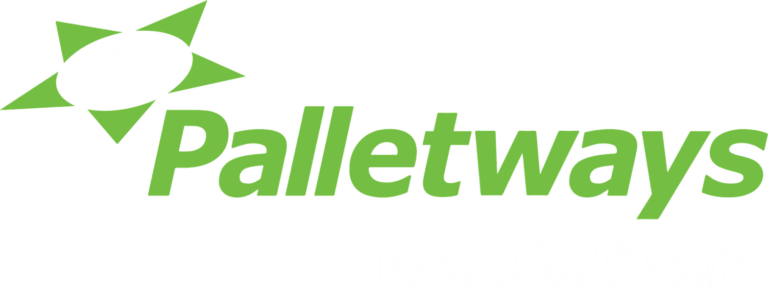
Trusted pallet delivery partner for thousands of customers across Europe
About us
Founded in Lichfield in 1994, Palletways has grown to become Europe’s most trusted palletised freight network, offering efficient and reliable solutions for transporting goods both domestically and across Europe. In the UK, our network is made up of over 130 independent pallet delivery companies who provide outstanding service nationwide.
Each year, Palletways UK handles close to 6 million pallets, connecting businesses of all sizes across towns, cities, and rural areas, from major retailers to growing local enterprises. We operate a hub-and-spoke distribution model, designed to be both efficient and sustainable, reducing overall mileage and minimising empty vehicle space to ensure smarter pallet deliveries.
Our focus is on making pallet shipping as simple and dependable as possible, backed by innovative technology, a highly experienced team and a commitment to customer service that sets us apart.
Our Local Experience
Palletways has been proudly based in Fradley Park, near Lichfield since the company began over 30 years ago. What started with a single business unit has grown into a major hub for palletised freight in the UK.
Today, our Fradley site plays a vital role in our national operations, enabling us to serve businesses nationwide with speed, reliability, and complete visibility over every pallet’s journey.
Careers at Palletways
Palletways’ success and service is driven by its people. We have some of the most driven and innovative individuals in the industry, contributing to our achievements.
If you would like to explore a career at Palletways UK or anywhere in Europe, click here to find out more.

